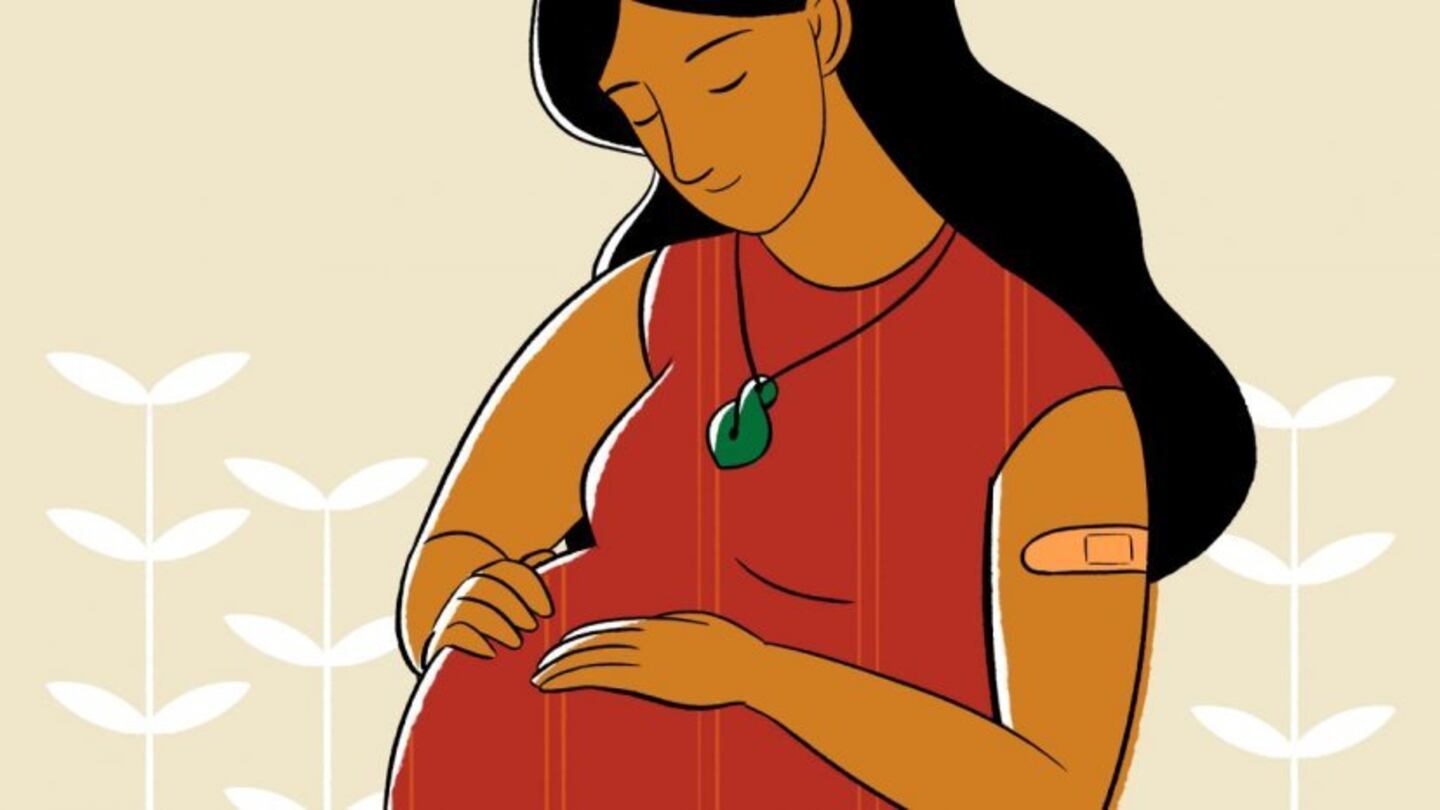Since the Covid-19 pandemic began, pregnant people have been regarded alongside the elderly and immunocompromised as being vulnerable to the virus.
This means that if they contract it, they have a greater risk of experiencing severe outcomes when compared to those who aren't pregnant. This is true for most infections, not just Covid-19.
Mild cases of Covid-19 during pregnancy have been linked to pre-eclampsia, premature birth, and stillbirth, while severe cases are also strongly associated with gestational diabetes and low birth weight.
The risk of needing admission to intensive care also increases by up to four times. Sadly, India's second wave of infections has proved how dangerous — and fatal — the virus can be during pregnancy.
Despite this, initial advice around whether pregnant people could and should be vaccinated against the virus was blurry. The general consensus was: get the jab if you must, but if you can, wait until after giving birth. Ultimately, it was a matter of balancing risk. The World Health Organisation (WHO) still promotes this advice.
In the beginning, pregnant people weren’t included in clinical trials for the Covid vaccine — which is normal, as trials usually focus on the regular population of interest first before moving through sub-groups.
But this meant there was limited evidence to assess the safety of the vaccine among pregnant people.
Instead of launching a clinical trial straight away, Pfizer was required to complete a developmental and reproductive toxicity (DART) study on animals first. These studies found no evidence of fertility or reproductive toxicity in the animal subjects.
As time progressed and more data became available, the advice changed.
The Ministry of Health changed its guidance on June 9 and now recommends the Pfizer vaccine is offered at any stage of pregnancy.
Why did this happen? Well, the group of technical advisors within the ministry agreed that pregnant people are at a greater risk of severe outcomes, and there are no additional safety concerns attached to the vaccine for a pregnant person or their unborn baby.
The advice aligns with recent studies, which found no obvious safety concerns after monitoring 35,691 pregnant people in the United States. Pain at the injection site was reported as a frequent side-effect of the vaccine, but headaches, chills and fever were slightly less frequent than non-pregnant people.
Pfizer and BioNTech, the companies behind the vaccine, are also conducting their own study in the US to evaluate the safety, tolerability and immunogenicity of the vaccine. Seven hundred pregnant people are participating in it.
The fact the Pfizer vaccine is an mRNA vaccine is also a positive for pregnant people, as they cannot be given live vaccines.
In addition, vaccinating during pregnancy may protect a newborn because antibodies can be transferred to the baby across the placenta and in breast milk.
So is the vaccine safe for pregnant people? Based on the current advice from the Ministry of Health, yes.
Reporting disclosure statement: Associate Professor Helen Petousis-Harris, a vaccinologist from the University of Auckland’s department of general practice and primary health care, provided expert advice for this post. This article was reviewed by The Whole Truth: Covid-19 Vaccination expert panel member, Dr Maia Brewerton.


